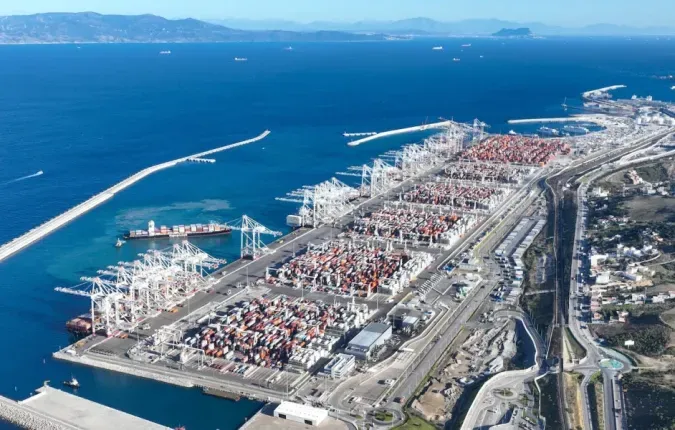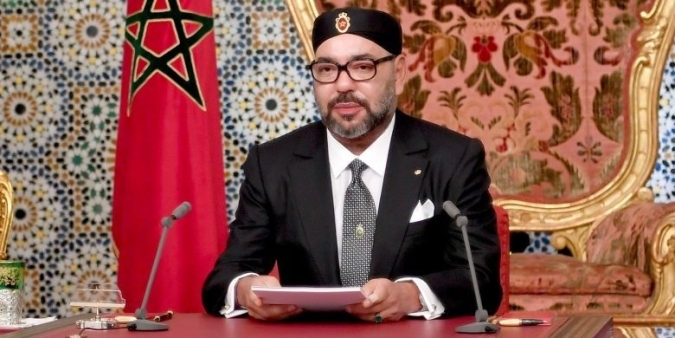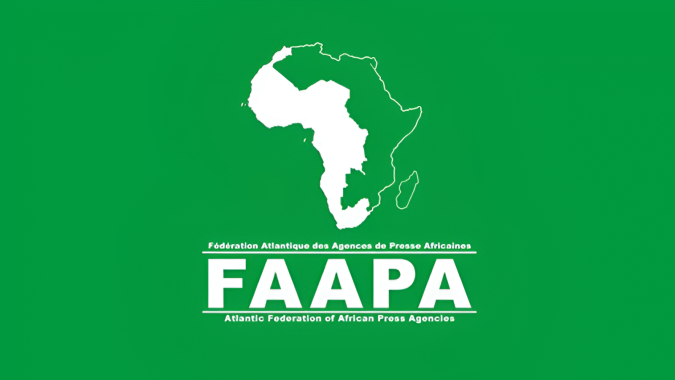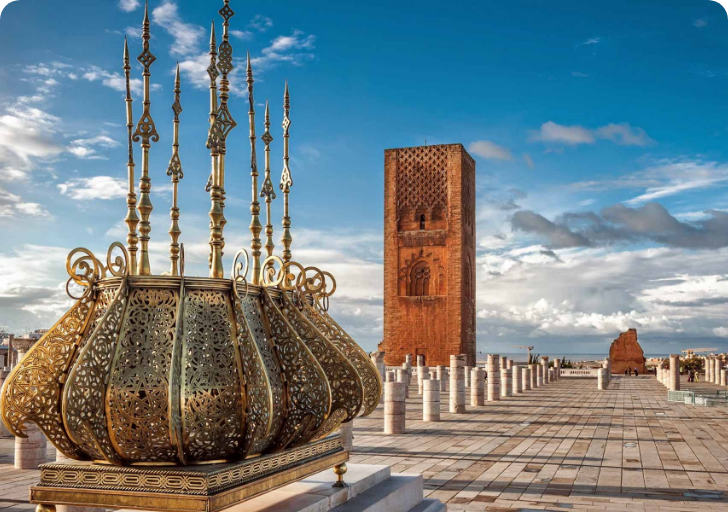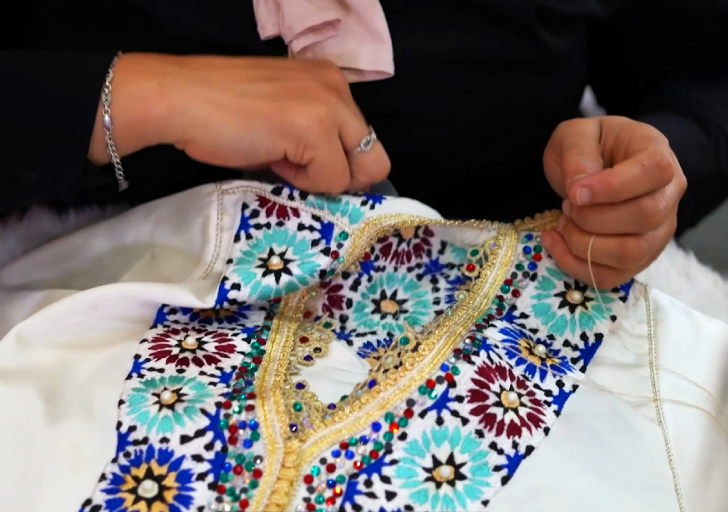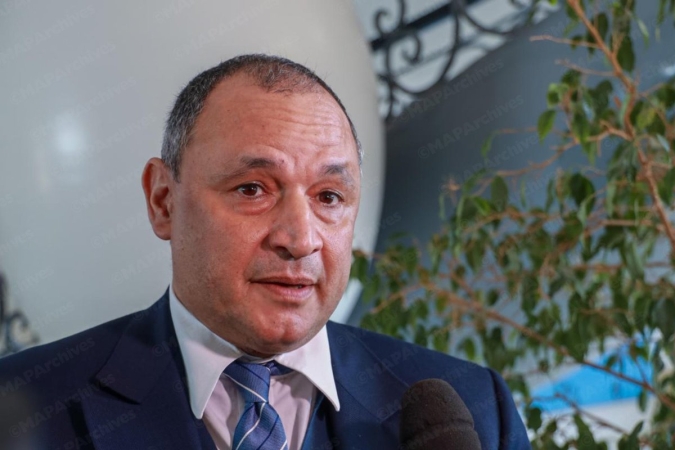
150 aerospace companies have at least one factory in Morocco, generating an annual revenue of €2.5 billion, according to Morocco’s Minister of Industry and Trade, Ryad Mezzour.
These companies collectively provide 26,000 full-time jobs, mainly in the Casablanca, Tangier, Rabat, and Fez regions, the minister said in an interview with the French daily Le Point, on the sidelines of the biannual Paris Air Show, taking place through Sunday at Le Bourget Airport.
Mezzour pointed out that the bulk of this revenue comes from the production of fuselages, structural components, cabin interiors, and wiring systems.
He also addressed the partnership between Royal Air Maroc (RAM) and French company Safran regarding the CFM engine, noting that during French President Emmanuel Macron's visit to Morocco last October, an agreement was signed to expand the partnership to the next-generation CFM Leap engine.
"Morocco provides all the necessary resources to handle this high-tech equipment, training 23,000 engineers each year, including 400 who enter the aerospace industry," Mezzour explained. He also pointed to Morocco’s competitive production costs—€25 per hour compared to €100–120 in Europe or the United States.
"We plan to expand our offering to include cabin outfitting, landing gear manufacturing, and aim to establish a final assembly line for commercial aircraft within the next ten years," he added, expressing confidence that the sector’s annual revenue could double by 2030.
The minister also revealed that a study is underway regarding a potential aircraft order by Royal Air Maroc, with interest in the Airbus A220, a small, medium-haul aircraft well-suited to RAM’s European routes.
The article's author noted that the Paris Air Show got off to a strong start for Morocco with a major contract signed with Boeing, marking a new step in the aircraft manufacturer’s investment strategy in the Kingdom.
A partnership agreement was concluded with Casablanca Aéronautique, a subsidiary of French group Figeac Aero, for the production of machined structural parts for the 737 MAX program.
This move, part of the ongoing implementation of a memorandum of understanding signed in 2016 between Boeing and Moroccan authorities, underscores the manufacturer’s commitment to strengthening Morocco’s industrial base and anchoring its supply chains more deeply in the Kingdom.
MAP: 18 June 2025

